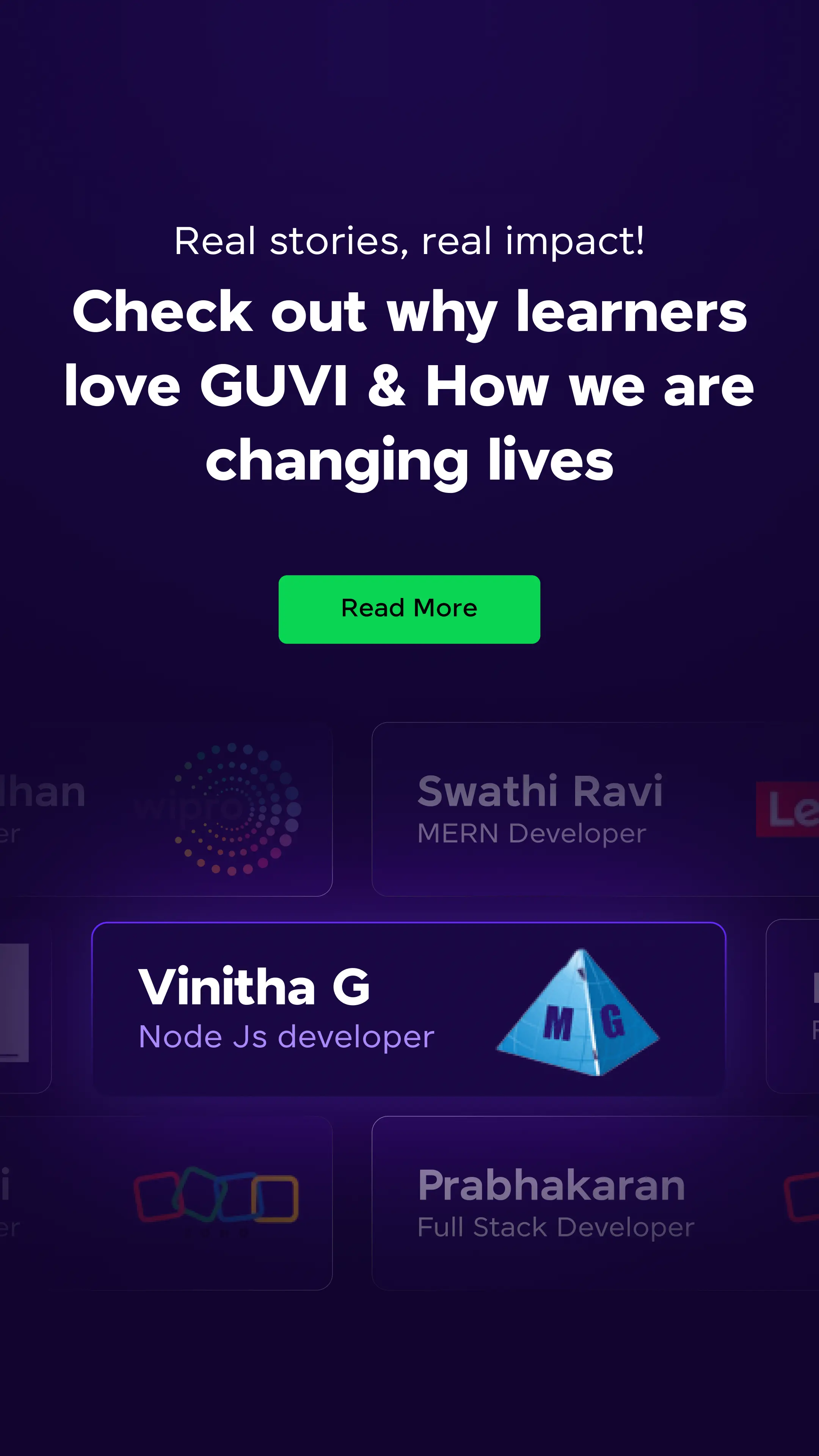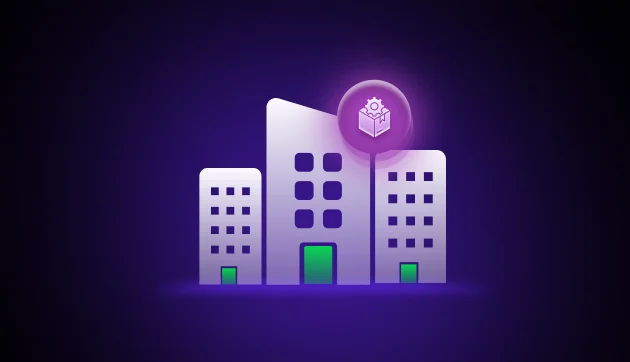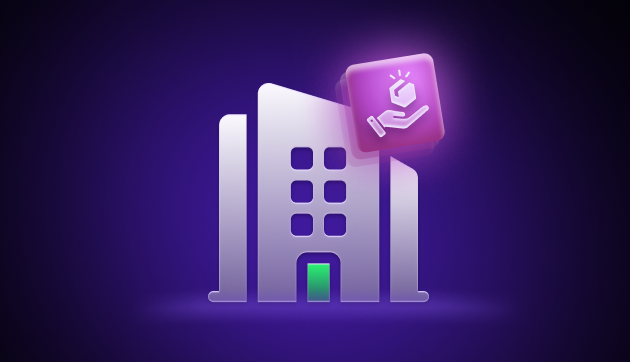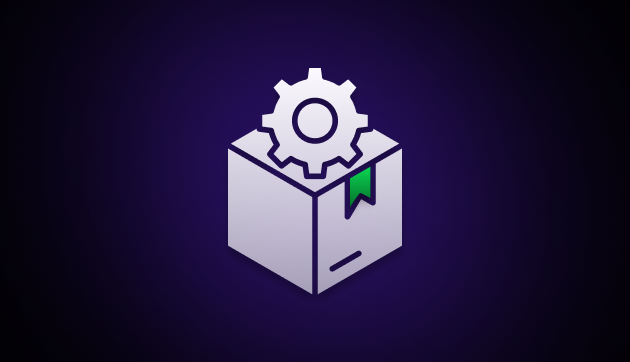
Salesforce Careers in India: Everything You Need to Know
Oct 10, 2025 5 Min Read 5964 Views
(Last Updated)
Have you ever wondered how businesses manage to keep track of thousands, even millions, of customer interactions seamlessly? The answer often lies in Salesforce, the world’s leading Customer Relationship Management (CRM) platform.
As Indian companies rapidly adopt digital transformation, the demand for Salesforce professionals has skyrocketed. Whether you’re a fresher exploring the IT landscape or a professional looking to switch domains, Salesforce careers in India offer a future-proof, high-growth path across industries.
Let’s explore what Salesforce is all about and why it’s becoming one of the most sought-after tech careers in India.
Table of contents
- What is Salesforce?
- Why is Salesforce So Popular in India?
- Mass Adoption by Indian Enterprises
- Growing Startup Ecosystem
- Cost-Efficient Talent Pool
- Remote and Global Opportunities
- Salesforce Careers in India
- Salesforce Administrator
- Salesforce Developer
- Salesforce Business Analyst
- Salesforce Consultant
- Salesforce Architect
- Salesforce Marketing Cloud Specialist
- Salesforce QA/Tester
- Job Demand and Salary Trends in India
- High Demand Across Roles
- Salary Insights (as of 2025)
- Step 1: Explore the Salesforce Ecosystem
- Step 2: Choose a Role That Matches Your Interests
- Step 3: Learn Through Trailhead
- Step 4: Create a Salesforce Developer Org
- Step 5: Get Certified (Optional but Powerful)
- Step 6: Apply for Jobs or Internships
- Step 7: Stay Updated & Network
- A Quick Brushup Challenge
- Conclusion
- FAQs
- Is Salesforce a good career in India in 2025?
- Do I need a tech background to enter Salesforce?
- How long does it take to become Salesforce-certified?
- What are the top companies hiring Salesforce talent in India?
- Which Salesforce role pays the most in India?
What is Salesforce?

At its core, Salesforce is a cloud-based CRM platform that helps businesses streamline their sales, customer service, marketing, and operational processes. It allows organizations to store customer data, automate business processes, and personalize engagement across multiple touchpoints, all in one place.
But Salesforce is not just a single tool. It’s an ecosystem of products such as:
- Sales Cloud (sales automation),
- Service Cloud (customer support),
- Marketing Cloud (campaigns and analytics),
- Commerce Cloud, Experience Cloud, and more.
The platform also offers customization through Apex (its proprietary programming language) and Lightning Components, making it a favorite among developers and businesses alike.
Why is Salesforce So Popular in India?

India is now one of Salesforce’s fastest-growing markets. Here’s why:
1. Mass Adoption by Indian Enterprises
Top Indian firms like Mahindra, Kotak, and L&T, as well as MNCs operating in India like Accenture, TCS, Capgemini, and Deloitte, rely heavily on Salesforce.
2. Growing Startup Ecosystem
Startups are embracing Salesforce to scale quickly without building CRM systems from scratch, driving massive demand for skilled professionals.
3. Cost-Efficient Talent Pool
India offers a vast pool of tech-savvy professionals at competitive costs, making it a hub for Salesforce development and support.
4. Remote and Global Opportunities
Many Salesforce professionals in India work remotely for companies across Europe, the US, and Australia, widening their career horizons.
With this momentum, Salesforce careers in India are no longer niche — they are mainstream.
Salesforce Careers in India

Salesforce offers a diverse set of career opportunities, and that’s one of the reasons why the platform is so popular. Whether you’re someone who loves solving business problems, coding applications, analyzing customer data, or designing marketing campaigns, there’s a role for you.
Let’s explore the major Salesforce career paths available in India, what each role involves, and who it’s best suited for:
1. Salesforce Administrator
Admins are the backbone of any Salesforce implementation. They configure the platform to meet business needs, from creating workflows to managing users and ensuring data integrity.
Responsibilities:
- Manage users, permissions, and security settings
- Customize dashboards, reports, and fields
- Create workflow rules, process builders, and automation
- Handle day-to-day platform maintenance and enhancements
Who Should Pursue This: Ideal for beginners, business users, or non-technical professionals who want to transition into tech. It’s a great entry point into the Salesforce ecosystem.
2. Salesforce Developer
Developers build custom solutions within Salesforce using code (primarily Apex and Lightning Web Components). They create applications, integrations, and extensions beyond the platform’s native functionality.
Responsibilities:
- Write Apex classes, triggers, and batch jobs
- Develop Lightning components (Aura & LWC)
- Integrate Salesforce with other systems using APIs
- Debug, test, and deploy code
Who Should Pursue This: If you have a background in programming or a keen interest in development, this is your path. Salesforce Developers are highly paid and constantly in demand.
3. Salesforce Business Analyst
Business Analysts serve as a bridge between the business team and the technical team. They gather requirements, design solutions, and ensure the final product meets business needs.
Responsibilities:
- Conduct stakeholder interviews and workshops
- Write business requirement documents (BRDs)
- Collaborate with admins and developers on implementation
- Test and validate solutions
Who Should Pursue This: Great for professionals with strong communication, analysis, and problem-solving skills. Prior experience in operations, sales, or product management can be helpful.
4. Salesforce Consultant
Consultants advise clients on how to best use Salesforce to solve business problems. They often work for consulting firms or independently with multiple clients.
Responsibilities:
- Understand client needs and business challenges
- Design Salesforce-based solutions (multi-cloud)
- Train users and manage deployments
- Ensure ROI through solution optimization
Who Should Pursue This: If you enjoy problem-solving, client interaction, and strategic thinking, consulting is a great career. It’s also ideal for those who want to explore multiple industries and domains.
5. Salesforce Architect
Architects design end-to-end scalable solutions across multiple Salesforce clouds and integrated systems. They ensure performance, security, and maintainability.
Responsibilities:
- Define technical architecture for large-scale Salesforce implementations
- Make decisions on platform integration, security, and governance
- Mentor developers and consultants
- Align IT strategy with business goals
Who Should Pursue This: Aimed at experienced professionals with a strong background in system design, multiple Salesforce certifications, and deep platform expertise.
6. Salesforce Marketing Cloud Specialist
Marketing Cloud Specialists use Salesforce’s marketing automation platform to build personalized campaigns, email journeys, and lead-nurturing funnels.
Responsibilities:
- Set up customer journeys with Journey Builder
- Create and manage email/SMS campaigns
- Analyze campaign performance
- Manage subscriber data and segmentation
Who Should Pursue This: Digital marketers, content strategists, or CRM managers who want to level up their marketing game with automation and personalization tools.
7. Salesforce QA/Tester
QA professionals ensure that Salesforce implementations function as intended. They test features, log bugs, and confirm performance standards.
Responsibilities:
- Prepare test plans and scripts
- Perform manual and automated testing
- Coordinate with dev teams for fixes
- Validate user stories before deployment
Who Should Pursue This: Ideal for those with a QA background or anyone interested in testing cloud-based platforms.
Quick Tip: Once you master one of these roles, you can transition to others. For instance, many Admins eventually become Developers or Consultants as they grow.
Job Demand and Salary Trends in India
Salesforce professionals are among the most well-paid and in-demand tech experts in the Indian job market today. Let’s explore what that looks like.
High Demand Across Roles
As per job portals like Naukri and LinkedIn:
- 10,000+ active Salesforce job openings are posted monthly in India.
- Roles in cities like Bangalore, Hyderabad, Chennai, Pune, and Gurgaon lead in volume.
- Remote roles and freelance contracts are rising too.
Salary Insights (as of 2025)
| Role | Entry-Level (0-2 yrs) | Mid-Level (3-5 yrs) | Senior-Level (6+ yrs) |
| Salesforce Admin | ₹4–6 LPA | ₹7–10 LPA | ₹12–15+ LPA |
| Salesforce Developer | ₹5–8 LPA | ₹10–15 LPA | ₹18–25+ LPA |
| Business Analyst | ₹6–9 LPA | ₹12–16 LPA | ₹18–25 LPA |
| Consultant | ₹8–12 LPA | ₹15–22 LPA | ₹25–35+ LPA |
| Architect | ₹15–25 LPA | ₹30–45 LPA | ₹50 LPA+ |
Note: Salaries may vary based on certifications, location, and company.

If you’re new to Salesforce, the learning curve can seem overwhelming, but the ecosystem is designed to support learners of all levels. Here’s a step-by-step guide to get you started:
Step 1: Explore the Salesforce Ecosystem
Before diving in, take some time to understand what Salesforce is and how companies use it.
Do this by:
- Reading blogs and watching YouTube videos
- Visiting Salesforce’s official site and product pages
- Talking to people in the industry via LinkedIn or meetups
Step 2: Choose a Role That Matches Your Interests
Ask yourself:
- Do I enjoy coding or no-code tools?
- Am I more business- or tech-oriented?
- Do I want to work directly with clients?
Based on your answers, choose a beginner-friendly role such as Salesforce Admin, Developer, or Business Analyst.
Step 3: Learn Through Trailhead
Trailhead is Salesforce’s gamified learning platform. It’s free, easy to follow, and aligned with specific job roles and certifications.
You’ll earn:
- Badges (for learning specific topics)
- Superbadges (for real-world scenario projects)
- Trails (for guided learning paths)
Aim: Complete a Trailhead Career Path for your chosen role (e.g., Admin Beginner → Intermediate → Superbadge).
Step 4: Create a Salesforce Developer Org
You can sign up for a free Developer Edition at developer.salesforce.com. This gives you hands-on access to:
- Real Salesforce features (Sales Cloud, Service Cloud)
- Sandbox for building apps and trying configurations
- Practice environment for Trailhead exercises
Step 5: Get Certified (Optional but Powerful)
While not mandatory for entry-level roles, certifications like HCL GUVI’s Salesforce Course let you explore the world of CRMs and learn Salesforce from scratch. This greatly improves your chances of getting noticed.
Recommended First Certs:
- Salesforce Certified Administrator (for non-tech)
- Salesforce Certified Platform Developer I (for coders)
Step 6: Apply for Jobs or Internships
Once you’ve gained some hands-on practice and Trailhead badges, start applying. Don’t wait until you’re an “expert” — companies hire and train Salesforce juniors.
Job Portals to Use:
- Naukri.com
- LinkedIn Jobs
- Indeed
- Internshala (for student opportunities)
Step 7: Stay Updated & Network
Salesforce releases three major updates per year. Follow the official release notes, product roadmaps, and blogs.
Also:
- Join Salesforce groups on LinkedIn
- Attend Salesforce Saturdays and Community Events
- Join online groups like the Salesforce Trailblazer Community
Pro Tip: Don’t aim to master everything at once. Pick a path, go deep, and keep learning as you grow.
A Quick Brushup Challenge
Here’s a quick challenge to test your Salesforce basics!
Q: Which of the following is NOT a Salesforce product?
A. Sales Cloud
B. Service Cloud
C. Design Cloud
D. Marketing Cloud
Answer: C. Design Cloud — it doesn’t exist in the Salesforce ecosystem!
Fun Fact: Salesforce was founded in a rented apartment in San Francisco in 1999 — now it’s a $200+ billion global company!
Conclusion
In conclusion, the world is moving to the cloud, and Salesforce is leading that charge, especially in India. With versatile career paths, high earning potential, and strong global demand, Salesforce careers in India are ideal for anyone looking to future-proof their skills.
Whether you’re a fresh graduate, a software developer, or a business analyst, there’s a space for you in the Salesforce ecosystem. So go ahead, create your Trailhead account, pick a role, and step confidently into one of India’s fastest-growing tech careers.
FAQs
1. Is Salesforce a good career in India in 2025?
Absolutely. With digital transformation accelerating, Salesforce skills are in demand across industries from IT and finance to retail and healthcare.
2. Do I need a tech background to enter Salesforce?
No. While developers need coding skills, roles like admin, analyst, and marketing cloud specialist are suitable for non-tech professionals, too.
3. How long does it take to become Salesforce-certified?
It can take anywhere from 4–12 weeks of focused learning, depending on your background and chosen certification path.
4. What are the top companies hiring Salesforce talent in India?
TCS, Infosys, Accenture, Cognizant, Capgemini, Wipro, HCL, and tech startups are consistently hiring Salesforce professionals.
5. Which Salesforce role pays the most in India?
Salesforce Architects and Senior Consultants usually command the highest salaries due to their strategic expertise and experience.




































Did you enjoy this article?